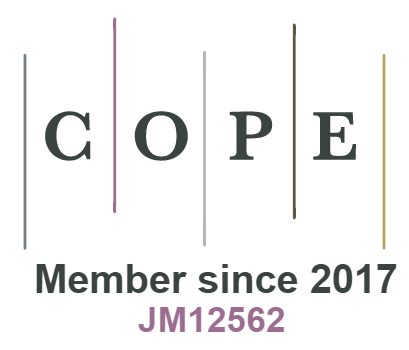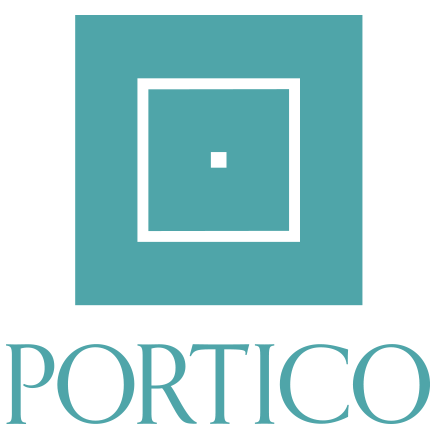Optimization of Moringa Oleifera Leaf Extraction and Investigation of Anti Breast Cancer Activity with the Leaf Extract
DOI:
https://doi.org/10.18034/ei.v3i2.194Keywords:
Moringa oleifera leaves extract, Breast Cancer Inhibition, Anti-cancer Activity, Optimization, Response Surface MethodologyAbstract
Moringa oleifera (M. oleifera) has been considered as medicinal plant and food substance since ancient times. Nowadays various therapeutic effects of M. oleifera such as antimicrobial, anticancer, anti-inflammatory, antidiabetic, and antioxidant effects have been successfully investigated. In this study, the main objective was to optimize M. oleifera leaf-methanol extraction using Design of Experiment (DoE) software with response surface methodology in terms of temperature and incubation time by sonication. The other objective was to investigate anti-cancer activity (breast cancer cell: MCF-7) by M. oleifera methanol extraction incorporation with microtitrate tetrazolium (MTT) assay. In this research, the optimum condition for leaf extraction was found to be temperature 50⁰C and incubation time 45 min with medium frequency at sonication and it obtained 88.39% cancer cell growth inhibition by this condition. Extracted leaves inhibited MCF-7 cell line with 87.13% in average at wavelength A570nm.
Downloads
References
Abeloff MD, Wolff AC, Weber BL, (2008). Cancer of the Breast. In: Abeloff MD, Armitage JO, Lichter AS, (Eds). Clinical Oncology. 4th ed. Philadelphia, Pa: Elsevier; 2008: pp.1875–1943.
American Society of Clinical Oncology. Clinical Cancer Advances 2009. Major Research Advances in Cancer Treatment, Prevention and Screening
Blask, S. M. (1988). Effects of the Pineal Hormone Melatonin on the Proliferation and Morphological Characteristics of Human Breast Cancer Cells (MCF-7) in Culture. Cancer Research , 48, 6121-6126.
Box, G. a. On the Experiment Attainment of Optimum Conditions. Journal of the royal Statistical Society Series B , 13 (1), 1-45.
Charoensin, S. (2014). Antioxidant and anticancer activities of Moringa oleifera leaves. Journal of Medicinal Plant Research, 8(7), pp 318-325
Farooq Anwar, S. L. (2007). Moringa oleifera: A Food Plant with Multiple Medicinal Uses. Phytotherapy Research , 21, 17-25.
Globocan 2008. (2014, November 20). Breast Cancer Incidence and Mortality Worldwide, Cancer Incidence in Five Continents (C15) Volume I to X, International Agency for Research on Cancer, World Health Organization.
King, C. L. (1984). Factor Influencing Solvent Selection for Extraction of Methanol and Ethanol from Aqueous Solution. Ind.Eng.Chemical Process Des. , 1 (23), 109-115.
Mukherjee, A. &. (2001). Advances in Cancer therapy with Plant based Natural Products , 8, 1467-1486.
Musa, E. N. (2012). An investigation of Anti-cancer activity of Moringa oleifera leaves. 1-5.
Porter S.C, Verseput R.P., Cunnigham C.R. (October, 1997)."Process Optimization using Design of Experiments". Pharm. Technology 1.
Shishodia, S. a. (2004). Guggulsteron Inhibits nf-kb and ikbs-kinase activation. Suppresses Expression of Anti-Apototic Gene Products and Enhances Apoptosis , 279.
--0--
Published
Issue
Section
License
Engineering International is an Open Access journal. Authors who publish with this journal agree to the following terms:
- Authors retain copyright and grant the journal the right of first publication with the work simultaneously licensed under a CC BY-NC 4.0 International License that allows others to share the work with an acknowledgment of the work's authorship and initial publication in this journal.
- Authors are able to enter into separate, additional contractual arrangements for the non-exclusive distribution of the journal's published version of their work (e.g., post it to an institutional repository or publish it in a book), with an acknowledgment of its initial publication in this journal. We require authors to inform us of any instances of re-publication.









